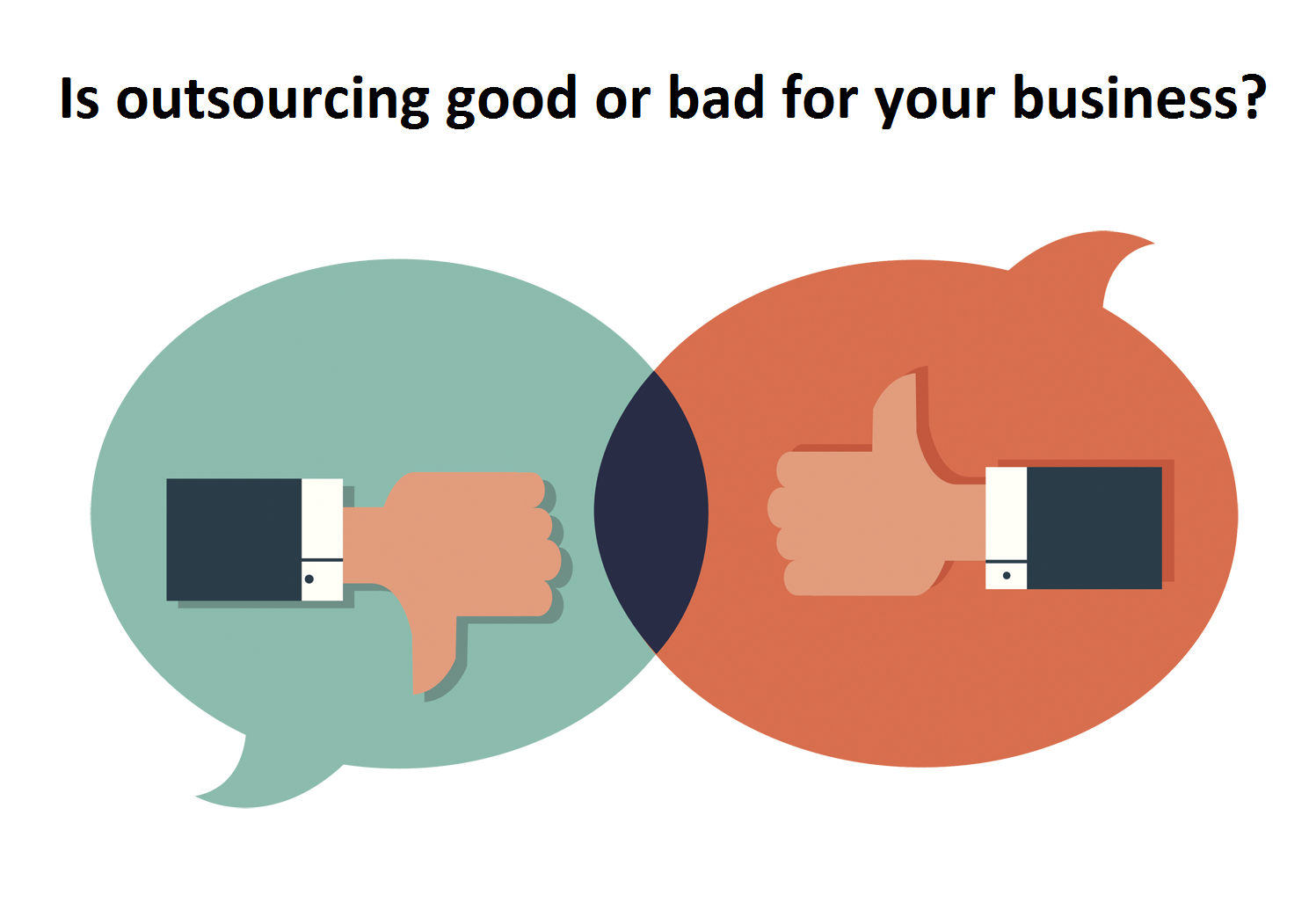
The Importance of Project Procurement Management
So you've become a project manager, and you've studied and practiced multiple forms of management required to make sure a project runs smoothly... awesome job! However, there is one area that can often be overlooked or misunderstood within management: Procurement. An extremely vital part of a project, procurement basically refers to the acquisition or purchasing of goods and services from a 3rd party or outside group. This can range from basic suppliers for simple goods to offshoring work to international services. Speaking of which, offshoring, being the outsourcing of work to other countries, is a pretty hot topic nowadays, with a huge market and a fair bit of controversy. This practice often involves more than just standard goods, including things such as human resources and IT. The main reasons for offshoring cost cuts and capacity issues, though they often have their negatives as well, such as less control and how it can damage local reputation via lack of jobs. Regardless, it's definitely something that should be mentioned heavily when discussing procurement management.

Procurement management itself comes with some big questions, such as "Should I outsource?", "What should be outsourced?", and "How do I go about outsourcing?". These are your responsibility to learn about and find the best solution to, but some tips and recognition of how important it is to get right are always helpful! First and foremost: note what's missing from your project, but specifically in technology and skills. Companies often associated with outsourcing tend to be designed to focus on technologies that are often lacked by other companies, or focus on skills that are niche and hard to come by. Usually, it tends to be easier to look toward these companies for project procurement due to how much easier it would be to hire them for a single distinct feat, as well as the cost versus hire and development costs of your own. It is also much easier to find professionals this way, especially in fields where there are limited personnel available to do what is needed. This kind of method is also extremely useful in projects that only require these skills and professionals for a limited time, for example a few months.

Speaking of costs, suppliers in general tend to be one of the biggest and most often overlooked parts of outsourcing. This can be as simple as buying laptops and software for your project team from a business. This continues down the path toward outsourcing in that keeping costs down can also prevent salaries from being docked, or even prevent unnecessary terminations. With this fear put behind, those working can focus on what is at hand, rather than the worry of losing their job. Furthermore with outsourcing, it prevents having to worry about services that would require a significant focus, simply allowing a basic and straightforward approach to what they need to succeed.
Flexibility is another huge benefit to outsourcing and procurement. Being able to hire 3rd parties allows there to be extra staff during peaks of workload, thus sharing this load and enabling the ability to staff projects to their full potential without overworking anyone. This can massively increase output and even save businesses who would fall behind otherwise. With this as well, accountability is given to these outsourced groups (assuming a contract is made, of course), meaning that they have an obligation beyond just doing their job, which helps focus on key objectives to be achieved.
Despite the many good sides of outsourcing, procurement management needs to consider some negative aspects as well. One major repercussion of outsourcing involves the lack of control over the project one may have. Due to this, suppliers may work with incorrect methods or produce things incorrectly, causing issues that were never clarified or planned for. On top of this, an overreliance on outsourcing can be dangerous given certain scenarios with the outsourcing company. Say the outsourcing business downsized or went bankrupt out of the blue - this could lead to major repercussions for your company, leading to this poor decision making to be put on your poor management and planning. Due to the ever evolving world of business, economy, and trade. always be sure to think and carefully consider when, how much, and how long to outsource.

Lastly, a huge thing to consider when thinking about procurement and outsourcing is public opinion. Outsourcing can sometimes be beneficial, but too much can lead to criticism about ignoring local options and caring more about stimulating another economy rather than your resident one. This can further lead to a decline in skills around your area in many fields, specifically ones completely outsourced; which can then further lead to a dwindling economy all around you. Essentially, it's always good to hold outsourcing and the local economy and workforce equally accountable and find a proper balance between them.
With all this information, hopefully this helps get you rookie project managers started on the road to proper procurement management. It's a tough world where experience is key to success, so start smaller where possible with outsourcing, and pay attention to the changes it causes. Sure enough, with these tips and using your own skills, you can help you and all the projects you're assigned succeed!
Kyle Murdock ITIS 3300
Sources:
- Schwalbe, Kathy Information Technology Project Management 9th Edition, Cengage Learning Inc. 2019
- https://i.workana.com/glossary/what-is-outsourcing/
- https://sfg-holding.com/procurement_management.html
- https://wow24-7.io/blog/is-outsourcing-good-or-bad-for-your-business